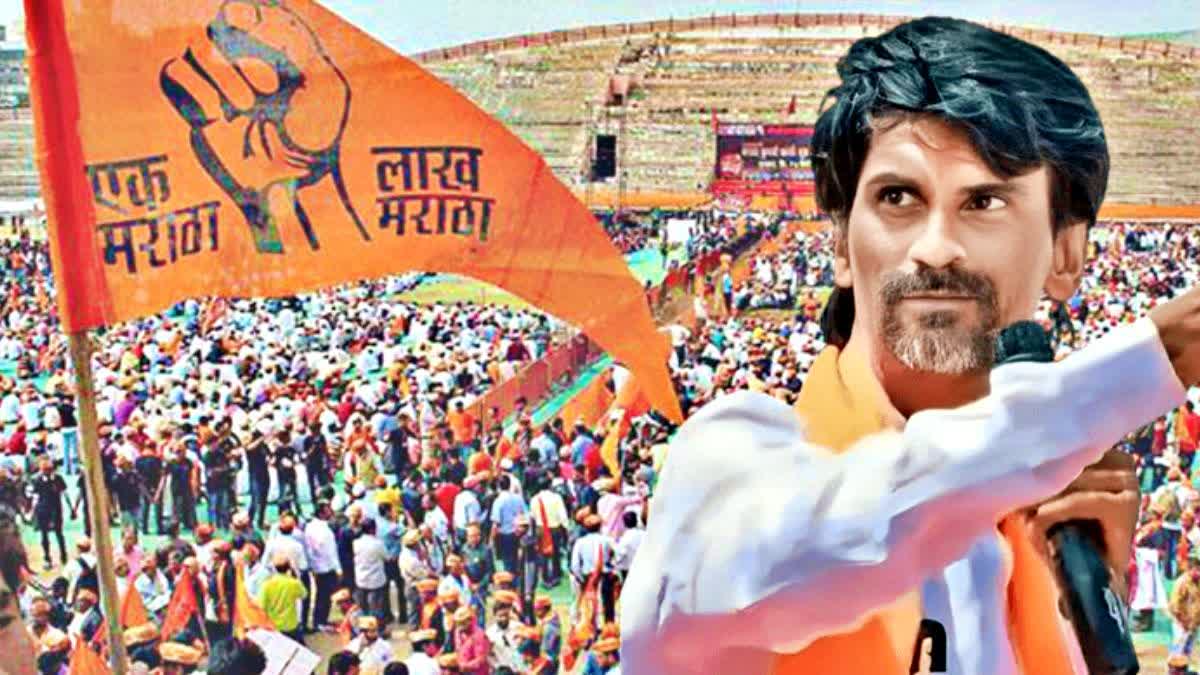Introduction:
Affirmative action is a complex worldwide problem that aims to address historical and systemic injustices. The Maratha reservation in India is a more recent development in this regard, to uplift a historically downtrodden population. This blog examines the specifics of the Maratha reservation, examining its justifications, history, and current discussions.
Historical Context:
With a long history and significant influence on Indian politics and society, the Maratha group is mostly found in Maharashtra. In the past, they were soldiers and leaders, following people like Chhatrapati Shivaji, who made a big impact on the Maratha Empire. The neighborhood had social and financial difficulties throughout time, necessitating action to solve these issues.
The Mandal Commission and OBC Status:
In the 1980s, the Mandal Commission recommended reservations for Other Backward Classes (OBCs) in government institutions and educational institutions. Although Marathi were not initially included in the OBC list, the Maharashtra Commission later recommended their inclusion due to their socio-economic backwardness. This recommendation laid the foundation for the Maratha reservation.
Rationale Behind Maratha Reservation:
Supporters of the Maratha reservation believe that the Maratha community deals with economic and educational difficulties, which is why they think affirmative action is necessary. When social and economic issues in the society arose throughout time, individuals began to hunt for answers.
Challenges and Debates:
1) Constitutional Concerns:
Critics of the Maratha reservation raise constitutional issues and emphasize the principle of equality enshrined in the Constitution of India. They believe that positive steps should be taken based on social and educational disadvantages rather than considering someone’s caste.
2) Impact on Meritocracy:
People against reservations worry that giving priority based on caste might affect merit. They fear that choosing caste over merit could lower the quality of education and public services.
3) Reservation Quota Cap:
In India, reservations are subject to a 50 percent cap imposed by the Supreme Court. Since there are reservations for Scheduled Castes (SC), Scheduled Tribes (ST), and OBC, the addition of Maratha reservation has led to debates about crossing this line.
4) Economic Criteria vs. Caste Criteria:
Some advocate a change from caste-based reservations to economic criteria, arguing that it would be a more inclusive approach to the challenges faced by various communities.
Conclusion:
The Maratha reservation represents a complex and multifaceted issue that characterizes the larger discourse on affirmative action in India. Striking a balance between addressing historical injustice and upholding constitutional principles remains a difficult task for policymakers. As the country grapples with these complex issues, it is important to foster informed and inclusive debates to find sustainable solutions that promote both social justice and meritocracy.

